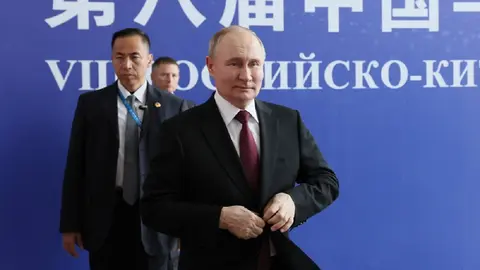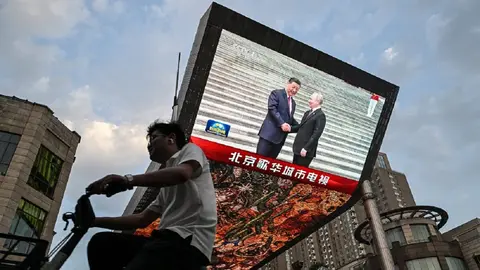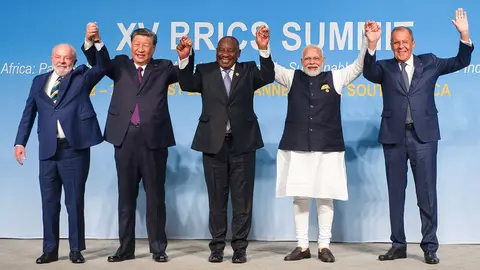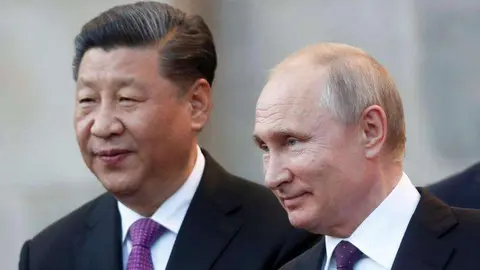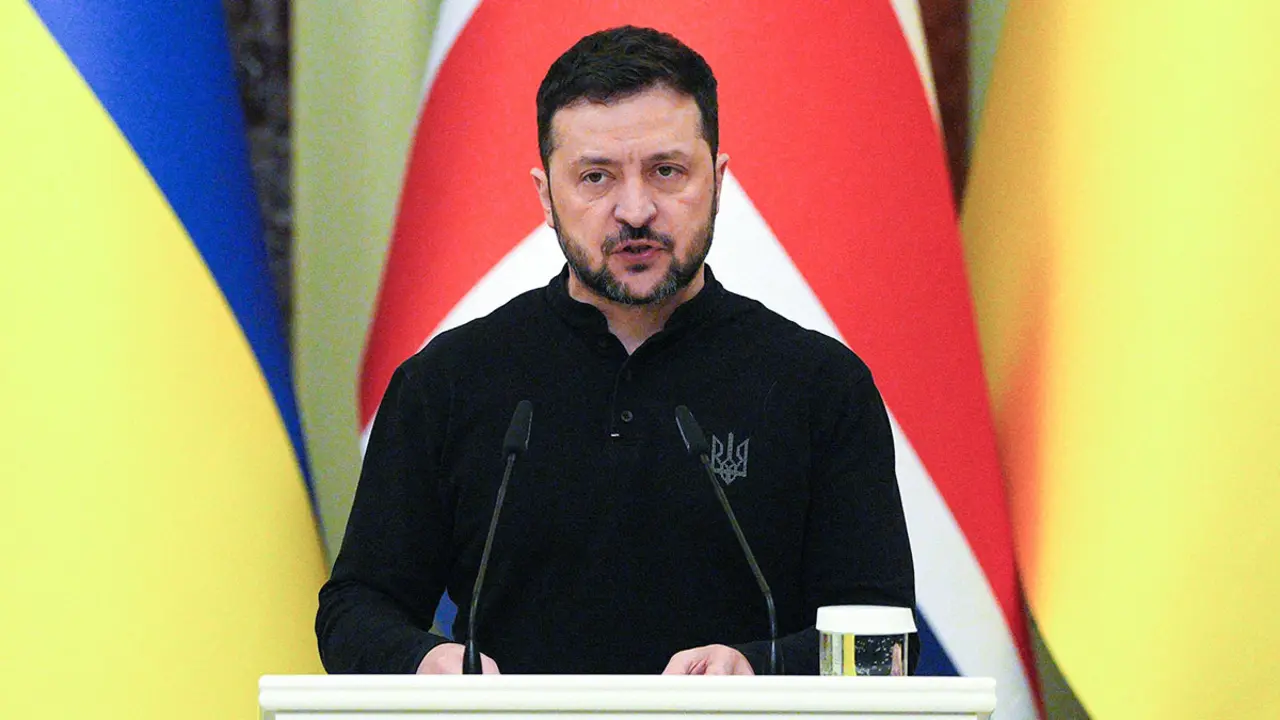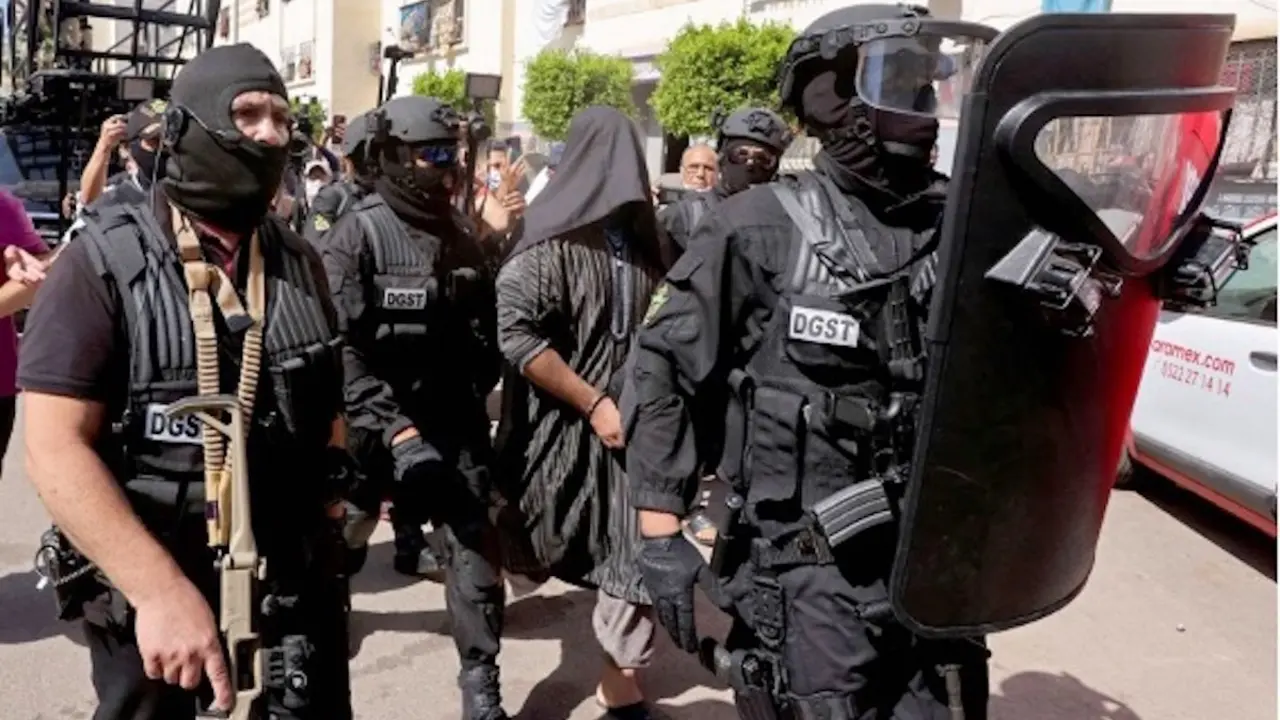Russia and China insist on a new "multipolar" world order
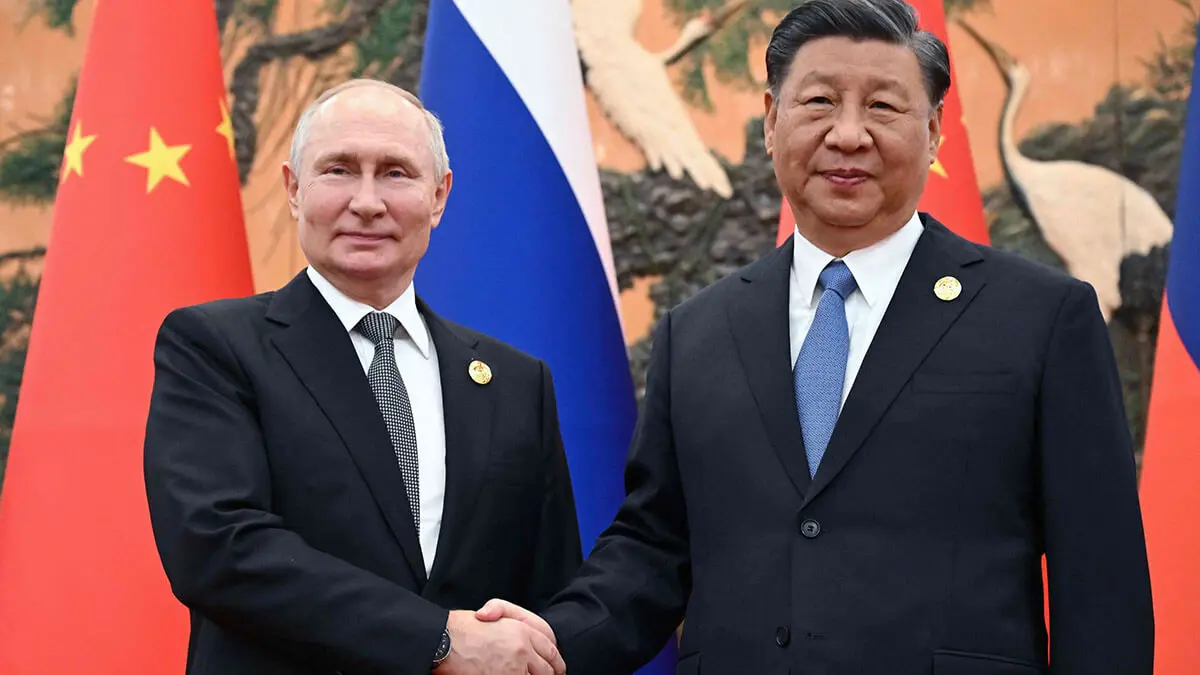
Last week, Russian President Vladimir Putin travelled to China on his first foreign trip since his re-election in March. During his visit, Putin met with one of his key foreign allies, Chinese President Xi Jinping. In addition to strengthening the already strong ties between the two nations and the bilateral strategic partnership in different areas, both leaders stressed the need to promote a new world order based on multipolarity.
Both presidents have previously referred to this concept, which aims to counter the influence of the United States and the West in the world, especially in the so-called Global South, where both Russia and China are struggling to position themselves as reliable partners.
In Beijing, Xi and Putin referred to Washington's role in the world, accusing it of disrupting the "strategic security balance" and, likewise, vowing to "counter its destructive and hostile moves towards so-called 'dual containment'", as a joint statement notes.
Both Russia and China advocate a "fairer" world in which US power is limited in order to foster different centres of power. This, according to both powers, will allow the nations of the world to live by their own rules, rather than adapting to the rules of Washington and the West.
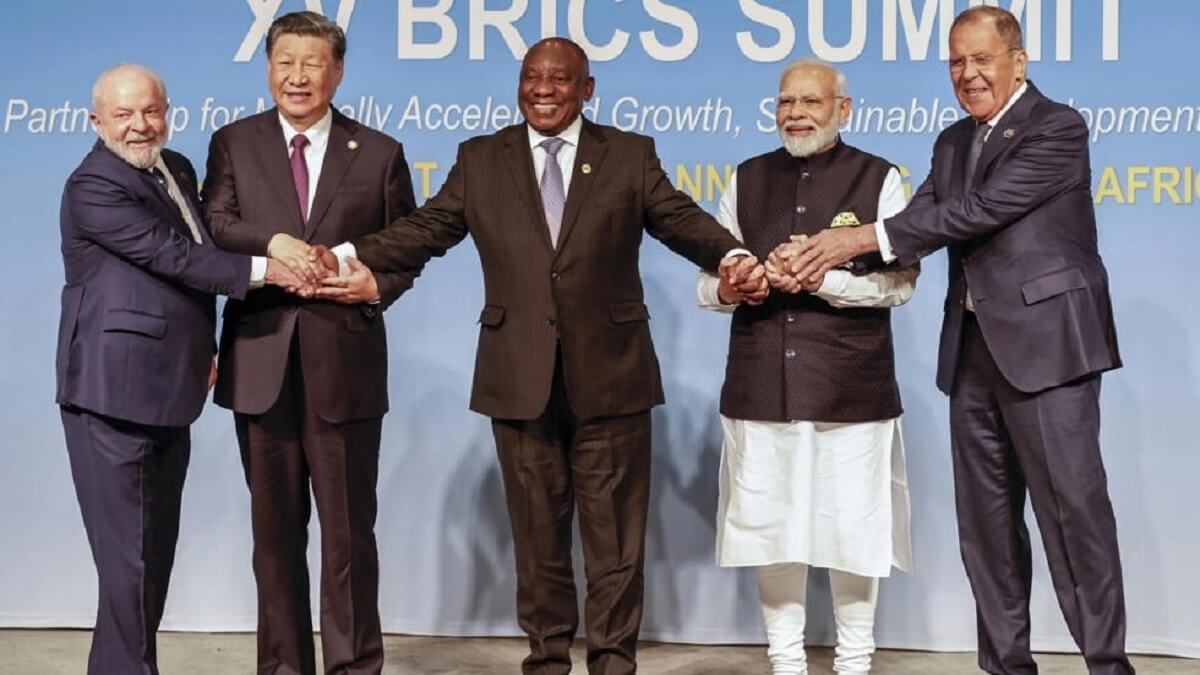
For the US and its international allies, however, the idea of a "multipolar" world put forward by Russia and China will be based on the very rules dictated by Moscow and Beijing, which would allow them to impose themselves on Ukraine and Taiwan. In this regard, it is worth noting that while on Chinese soil Xi and Putin were talking about resolving the "Ukrainian crisis", the Russian army was intensifying its offensive on Kharkov and north-western Ukraine.
Within this 'multipolar' world driven by Russia and China, the BRICS and the countries of the Global South have a key role to play. Proof of the latter are Moscow and Beijing's strong efforts to expand their influence in African and Latin American countries.
Within the African continent, the Sahel is a very illustrative example of how both powers are trying to position themselves by taking advantage of the West's withdrawal from the region. Russia, through military alliances, has managed to position itself as a key partner in the countries of the region, especially those ruled by dictatorial military juntas.

China, on the other hand, is following the strategy it has maintained in other countries based on so-called 'soft power'. Through investments, development plans and trade relations, the Asian giant is carving out a niche for itself in Africa - in what many already consider neo-colonialism - while in other places such as the Middle East it is doing so through diplomacy.
"The 'new era' China-Russia partnership shows that the world is dividing into geopolitical blocs with growing links between revisionist autocrats versus the US and the rules-based order," says Matthew Kroenig, an expert at the Atlantic Council.

Kroenig recalls that Putin endorsed Xi's position on Taiwan, while Xi indirectly supported Russia's war in Ukraine, opposing 'external interference in Russia's internal affairs' and highlighting Moscow's efforts to 'ensure its security'.
The analyst also points out that both China and Russia accuse the US of militarising different parts of the world, when it is both powers that are militarising by leaps and bounds. "Moscow and Beijing seem worried that Washington will decide to embark on the arms race that these dictators are imposing on it," he concludes.
China, Russia's economic lifeline
China is a vital supporter of Russia following the sanctions imposed by Western countries after its invasion of Ukraine. The Asian giant - as well as other nations such as India - has become an economic lifeline for the Kremlin.
Both countries trade in Chinese yuan and Russian roubles, allowing them to circumvent Western sanctions. The volume of bilateral trade between the two nations reached $240 billion last year, an increase of 26 per cent compared to 2022, according to The Financial Times.
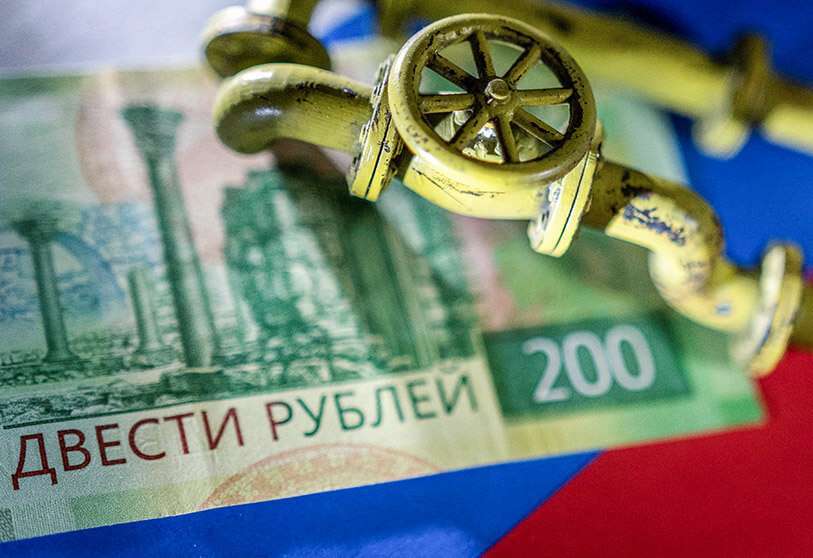
China uses the same tactics it uses with other countries also sanctioned by the West. "It is increasingly clear that China is the linchpin of sanctions evasion. China continues to support Russia, Iran and North Korea, among other adversarial regimes, to challenge US leadership and the global order," writes Kimberly Donovan in the Atlantic Council.
However, the rapprochement that has been taking place in recent years between Russia and China could be detrimental to Beijing. According to Michael Schuman, another analyst at the US think tank, the Asian power is "trading a United States it cannot control for an isolated and declining Russia it can control".
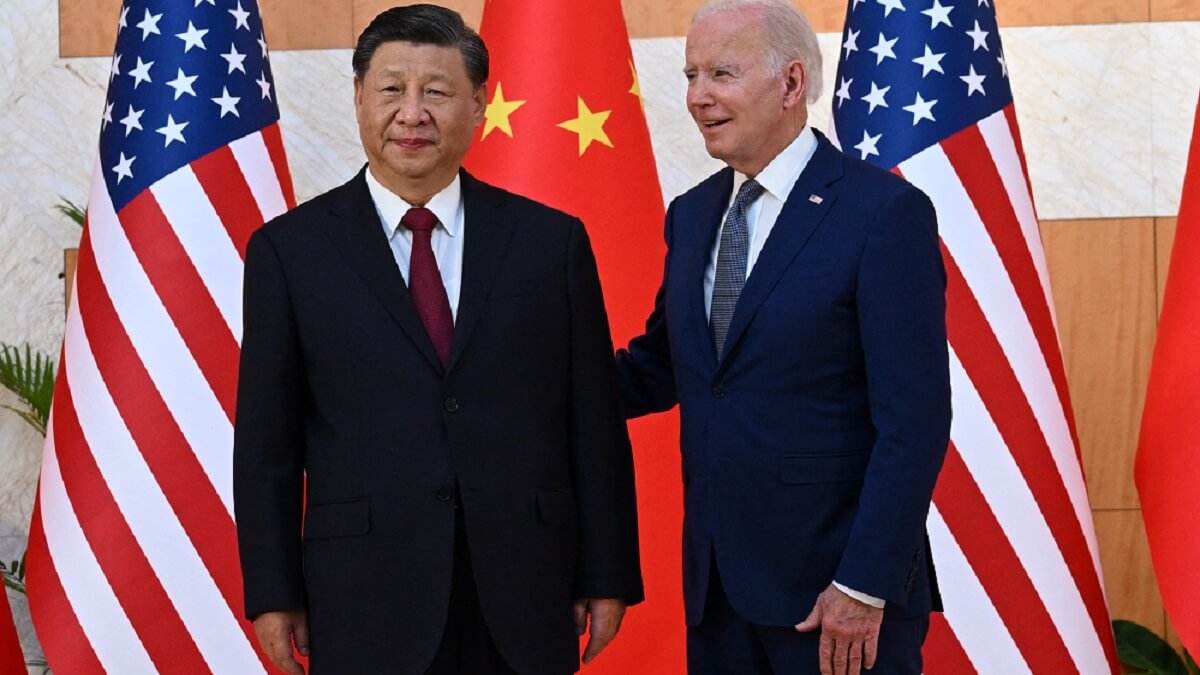
"The problem is that Xi is trading links to a twenty-five trillion dollar economy with the advanced technology that China needs for a two trillion dollar economy," he says.

